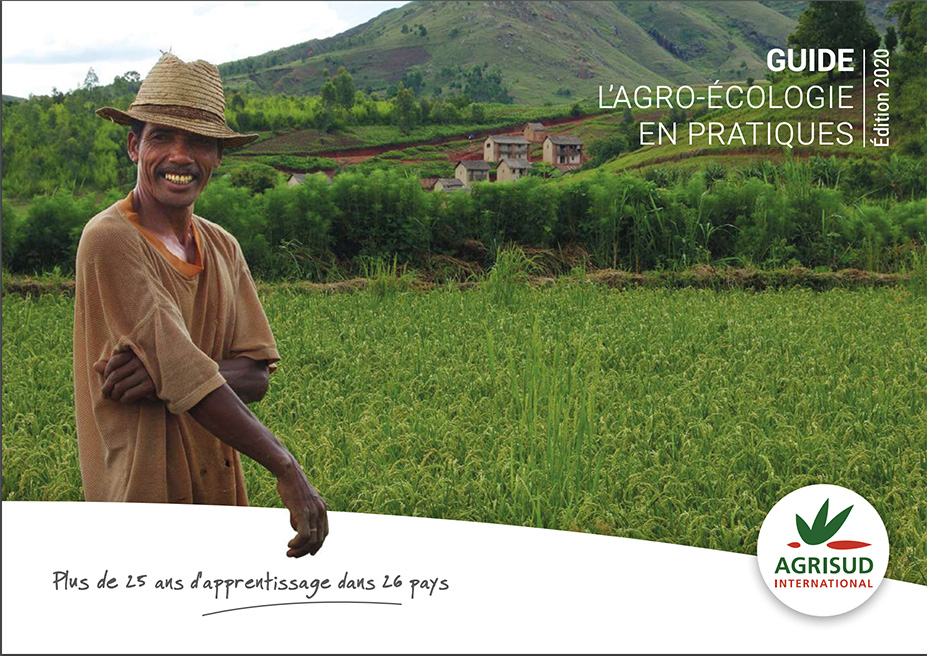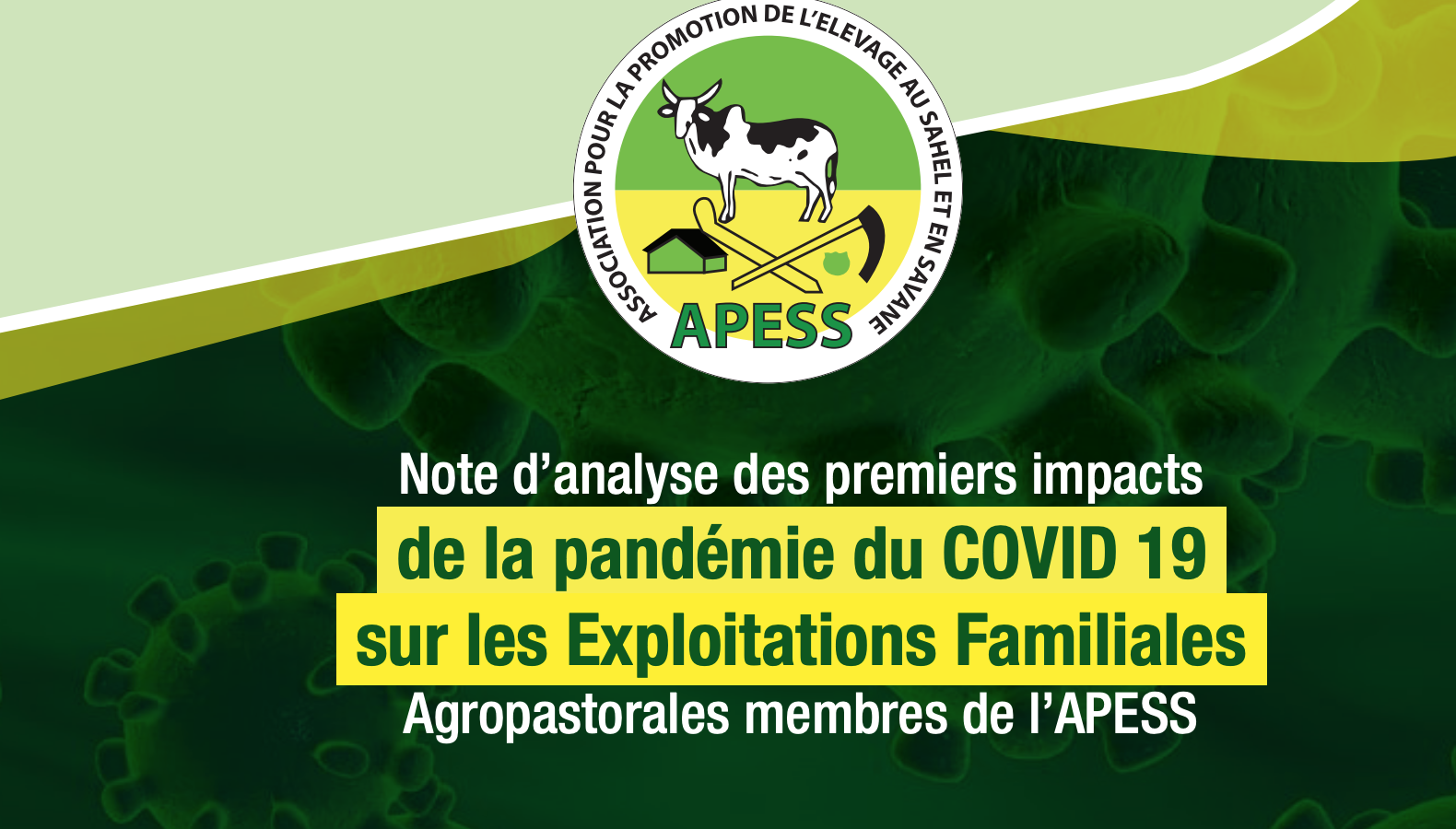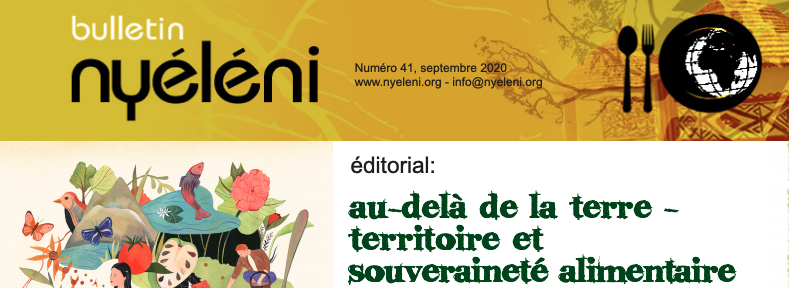Crop choice, farm income, and political control in Myanmar
Myanmar's agricultural economy has been under transition from a planned to a market system since the late 1980s and has experienced a substantial increase in production. However, little research is available on the impact of economic policies in this country on agricultural production decisions and rural incomes. Therefore, this paper investigates the impact using a micro dataset collected in 2001 and covering more than 500 households in eight villages with diverse agro-ecological environments.






